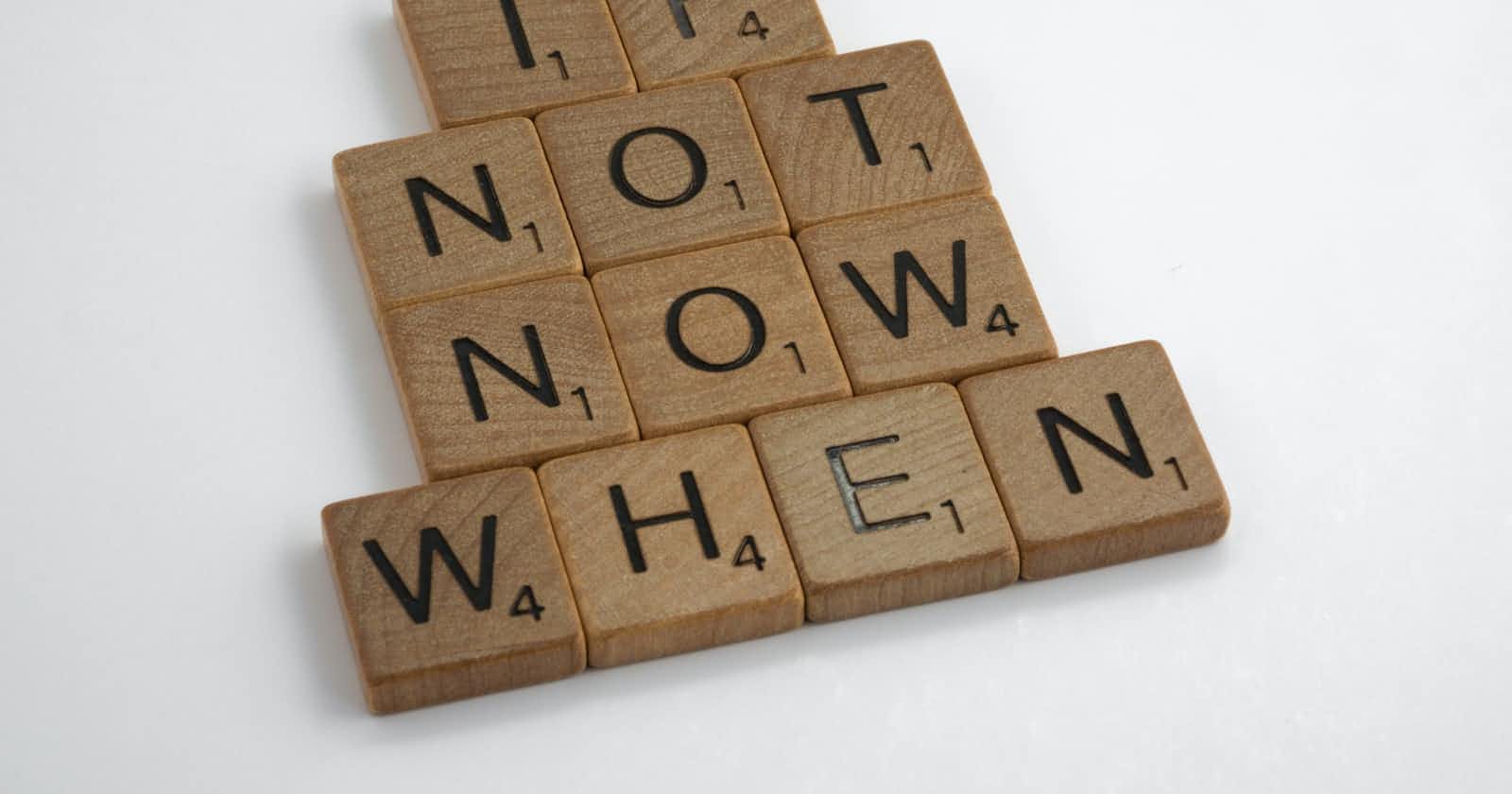Your first response to "I don't know" can be "I cannot know". That brings in anxiety. When you come across something you don't know, instead of worrying about not knowing or thinking immediately that this is too tough, ask yourself how can you know it better, and how can you learn things better.
Let's take an example of Google maps: In maps, if you turn on navigation for a destination, it starts showing an arrow along the route. Suppose you hit a traffic jam, your first instinct might be to check the traffic jam on your route - how long it is and where else is the jam. When you do that, maps stop navigating and show a new button called "Re-center" Hitting that brings your navigation arrow back on track, where you are.
In learning, we don't have an instant Re-center button but here's what we can do when we hit a learning jam to get back on track:
Understand where we stand - what topics I am not confident about, where am I in executing projects, where am I in solving assignments, and what's happening with me.
The next step is to understand how much time you have and instead of looking at others' progress, you look at your destination and tell yourself okay I need to cover these 10 topics, work on this project and so on.
Make your own set of activities to address depending on the time you have.
When you start that, you may feel stuck. When you feel stuck don't sit to worry, start to act. What can I do about it? Where can I read, and practice more of what I don't know? Spend a few moments addressing it yourself and then proceed to ask. Don't try to ask without spending some time, because it will not allow you to ask
appearing to be stupid but intelligentquestions.
Every time you feel stuck, train your brain to act instead of worry. Do this again and again. Ask yourself, what can I do about it?

